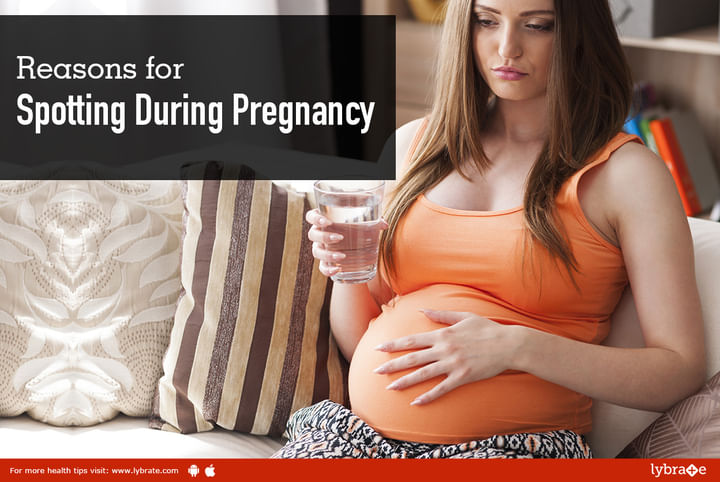Reasons for Spotting During Pregnancy
Reasons for spotting during pregnancy and what you can do about it
Seeing spots of blood during pregnancy is usually a cause for concern. However, it is not uncommon. The light bleeding, which is known as spotting may occur for a number of reasons.
Bleeding during the first trimester
Spotting is most likely to happen during early pregnancy and the reasons could be many, such as:
- implantation bleeding occurs during the first month of pregnancy when the fertilised egg gets attached to the wall of the uterus.
- cervical polyps ( a tumour that form on the surface of the cervix) or yeast infection may also cause episodes of spotting.
- miscarriage may be another possible reason for spotting
- ectopic pregnancy is another cause. It is the condition in which the embryo plants itself in either of the fallopian tubes instead of the uterus.
- molar pregnancy is a rare condition associated with spotting during pregnancy. When this is the case, instead of your baby, an abnormal tissue grows inside the uterus. Sometimes it can be cancerous too.
Bleeding during the second or third trimesters
Spotting may also occur during late pregnancy and the possible reasons are listed below.
- problems related to placenta like placenta previa placental abruption can also result in spotting. These are serious conditions when the placenta either covers the cervix or it gets detached from the uterine wall respectively.
- uterine rupture is the rare and unfortunate event when a scar from a previous surgery (like the removal of fibroid or previous caesarean scar bursts open and the baby slips into the pregnant woman's abdomen.
- premature labour occurs when your body is too eager to deliver the baby, usually one month before the due date of delivery.
- vasa Previa is another rare condition when a baby who is still developing has his blood vessels entangled in the umbilical cord or placenta-crossing the cervix. It is extremely dangerous because the blood vessels may burst open thus causing the baby to bleed and lose oxygen.
Here's what you can do about spotting
It is strongly recommended that you should immediately see your doctor as soon as you detect any spotting during your pregnancy. Only a well-qualified medical expert can suggest the appropriate steps to be taken, depending on your individual reasons and symptoms related to spotting.
'consult'.
Related Tip: 6 Changes You Can Expect During the 2nd Trimester of Pregnancy



+1.svg)
